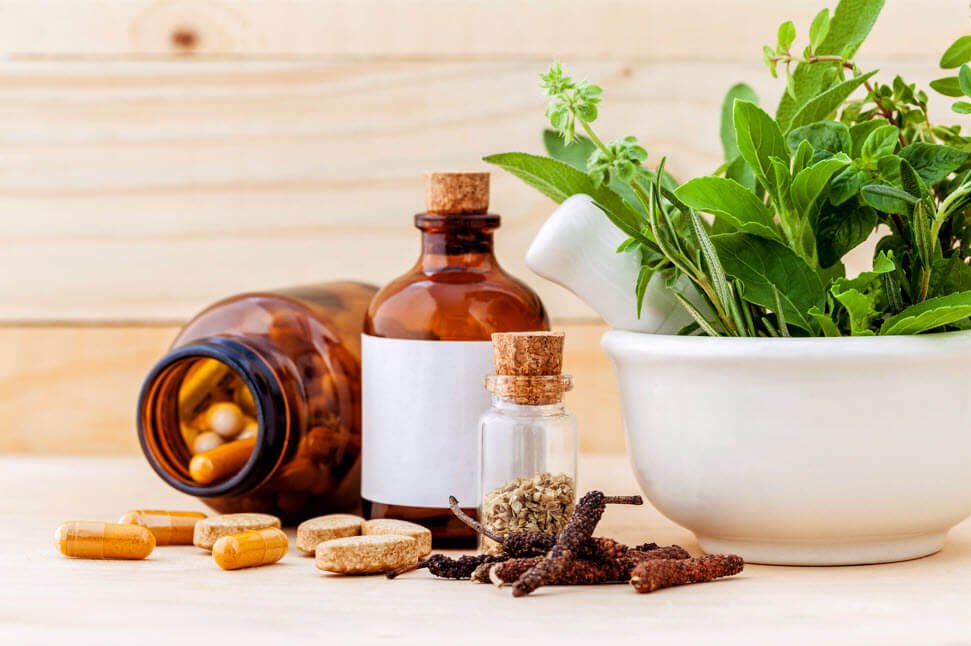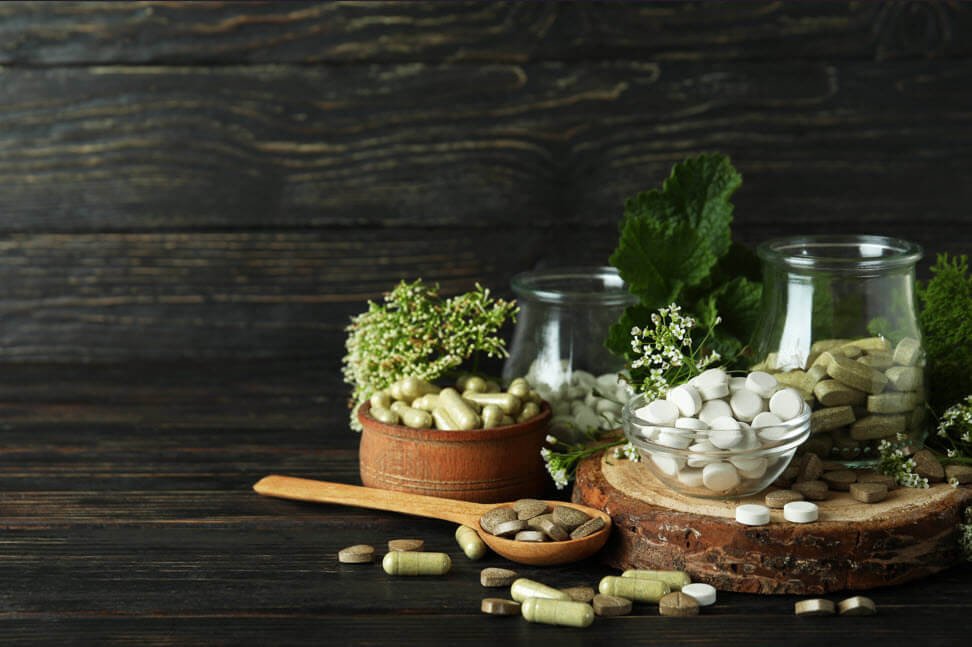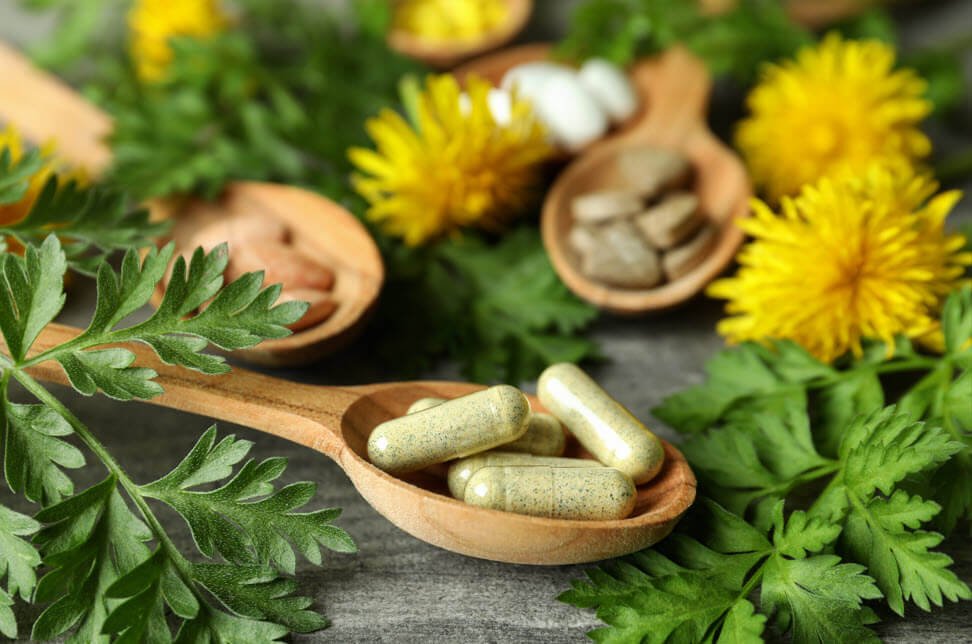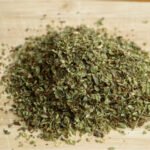Herbal remedies have played a vital role in human health long before modern medicine. For centuries, people turned to nature for healing, using plants to treat illnesses and improve well-being. Today, interest in herbal medicine is growing again, as many seek natural ways to stay healthy. This article explores the history, benefits, and current uses of herbal remedies across the ages.
Table of Contents
The Historical Roots of Herbal Medicine
Origins of Herbal Remedies in Ancient Civilizations
The story of herbal medicine begins thousands of years ago. Ancient Egypt, China, India, and Mesopotamia created early herbal texts that told of plants to heal sickness. The Ebers Papyrus, from ancient Egypt, is one of the oldest known medical texts. It lists hundreds of herbs and their uses, like aloe vera for skin and thyme for respiratory problems.
In China, the Materia Medica system classified herbs, guiding healers with detailed descriptions. Indian Ayurveda, which means "science of life," also organized plants for health and spiritual purposes. These civilizations didn’t see herbs as separate from the soul or spirit; they believed plants held both physical and spiritual power.
Herbal Medicine in Medieval and Renaissance Europe
As time moved forward, Europe’s monasteries kept herbal knowledge alive through careful writings and practice. Monks gathered herbs like rosemary and lavender, often using them in medicine and religious rituals. Herbal gardening and apothecaries helped spread this knowledge, making herbal remedies more accessible to common people.
During this period, physicians documented herbs’ effects more systematically. These herbal compounds became part of early pharmacology. For example, lavender was valued not just for its scent but also for its calming effects on nerves.
Indigenous and Tribal Herbal Practices
Native tribes across the Americas, Africa, and Australia have long depended on local plants for healing. Their traditional recipes often include herbs used in rituals, blending spirituality and health. For example, indigenous North American tribes used echinacea to fight infections, while Australian Aboriginals relied on tea tree oil for antiseptic purposes.
Many of these traditions have been passed down through generations, preserving knowledge not found in mainstream texts. Today, these practices influence global herbal medicine and foster respect for indigenous cultures.
Evolution and Scientific Validation of Herbal Remedies
From Folklore to Scientific Research
In recent years, scientific studies have tested many herbal claims. Some herbs, like turmeric and ginseng, have shown real health benefits. Turmeric’s active compound, curcumin, is proven to reduce inflammation. Ginseng has been linked to improved mental focus and energy. These findings help us understand how traditional uses are backed by science.
Methods of Herbal Preparation and Administration
Herbs can be taken in many forms, such as teas, tinctures, capsules, or topical creams. Proper preparation matters—a wrongly brewed tea or poorly stored supplement may lose potency. Using herbs correctly ensures you get the most benefit.
Regulatory Perspectives and Quality Control
Herbal products are regulated differently around the world. In the US, supplements aren’t tightly controlled, so quality varies. To avoid contaminants or fake herbs, always buy from reputable brands. Look for third-party testing and clear labels for best results.
Key Herbs Through the Ages: Historical and Modern Uses
Ancient and Traditional Herbs Still in Use Today
Some herbs have stood the test of time. Aloe vera, once worn by Egyptian queens for skin care, remains popular for burns and wounds today. Ginger, used in Chinese medicine, helps with nausea and digestion. Lavender, valued for its calming scent, is now common in aromatherapy.
Herbs with Rising Modern Popularity
Other herbs are making headlines now. Ashwagandha, an adaptogen from India, helps combat stress and boost energy. Echinacea, loved by Native Americans, supports immune health. Turmeric’s anti-inflammatory effects are validated by science and often included in supplements.

Benefits, Risks, and Best Practices
Therapeutic Benefits of Herbal Remedies
Herbs can support immune health, improve digestion, reduce stress, and help clear skin. When used rightly, they are gentle options that work well with traditional medicine. They can serve as daily boosts or remedies for specific issues.
Potential Risks and Contraindications
But herbs aren’t without risks. Some may trigger allergies or interact with medicines. For example, St. John’s Wort can interfere with antidepressants. Always talk to a healthcare provider before starting new herbal treatments.
Tips for Safe and Effective Use
- Purchase herbs from trusted sources.
- Follow recommended doses and storage instructions.
- Keep a health journal to observe effects.
- Avoid self-diagnosing; seek professional help when needed.
The Future of Herbal Medicine
Integrating Tradition with Innovation
New research tools like phytochemistry help scientists understand how herbs work at a chemical level. This can lead to standardized herbal products with reliable effects. Traditional knowledgeized with modern science can offer powerful health solutions.
Challenges and Opportunities
Sustainability is key. Overharvesting of wild herbs threatens ecosystems. Growing herbs sustainably in farms helps preserve plants and communities. Incorporating herbal remedies into mainstream healthcare offers more holistic options for patients.
Conclusion
Herbal remedies have shaped healing for thousands of years and continue to do so today. From ancient texts to modern research, the healing power of plants remains relevant. Respecting traditional wisdom while applying scientific validation creates a balanced approach to health. Remember, herbal medicine should be used responsibly, responsibly, as a natural complement to your wellness journey. Embrace the rich history of plant healing and explore how these age-old remedies can enhance your life.
If you require any assistance with this article, please do not hesitate to Contact Us
The content of this post is provided for informational purposes only. It is essential to consult with a qualified healthcare professional before making any decisions regarding your health or wellness. The author is not a licensed medical professional, and this information should not be considered medical advice.














